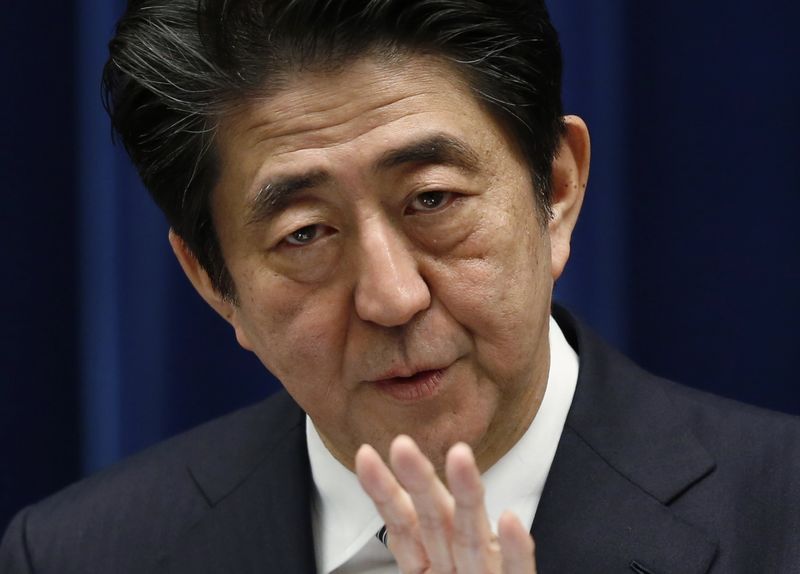TOKYO (Reuters) - Japanese wage earners' total cash earnings in October rose at the slowest annual pace in eight months and real wages fell for 16 months in a row, posing a challenge to Prime Minister Shinzo Abe's efforts to sustain growth and end deflation.
Total cash earnings in October rose 0.5 percent from a year earlier, up for an eighth straight month but slowing from September, weighed by a decline in part-timer salaries, labour ministry data showed on Tuesday.
Real wages, which are adjusted to reflect consumer prices, fell 2.8 percent in the year to October, extending a run of declines since July 2013 as wages are lagging behind inflation.
The data could be discouraging to Abe ahead of a Dec. 14 general election he called to cement his grip on power.
Abe and Bank of Japan Governor Haruhiko Kuroda have urged companies to help beat 15 years of deflation and meet 2 percent inflation by raising wages and boosting investments.
But wages have been slow to rise, raising doubt about the ultimate success of his reflationary policy dubbed "Abenomics".
Overtime pay, a barometer of strength in corporate activity, rose 0.4 percent in the year to October, the data showed.
The ministry defines "workers" as 1) those who are employed for more than one month at a firm that employs more than five people, or 2) those who are employed on a daily basis or have less than a one-month contract but had worked more than 18 days during the two months before the survey was conducted at a firm that employs more than five people.

(Reporting by Tetsushi Kajimoto; Editing by Jacqueline Wong)